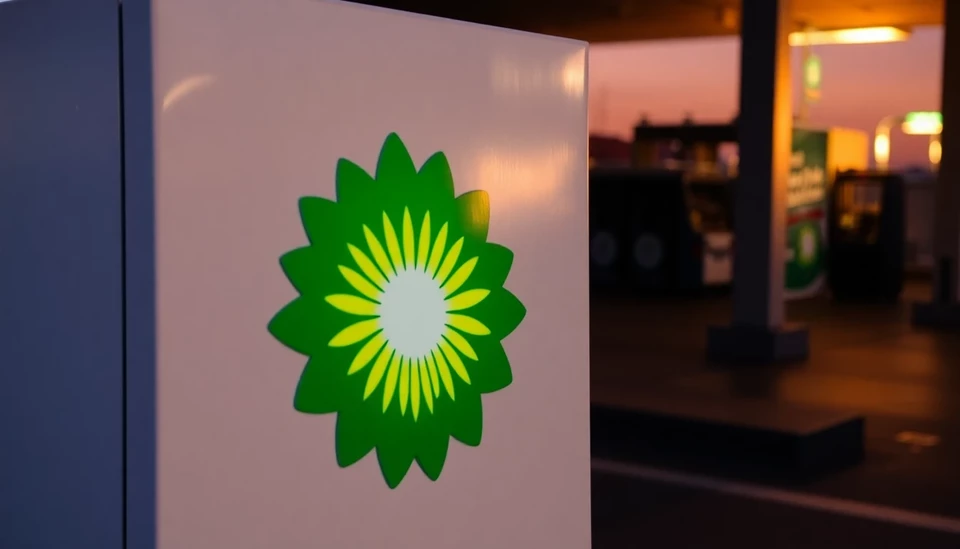
In a pivotal decision for the future direction of BP, Chairman Helge Lund has been re-elected to the company’s board despite facing significant opposition from shareholders. This move signals a continuing commitment to BP's strategic decisions in a volatile energy market, even as investors express concerns over the company's recent performance and climate strategies.
The re-election, which occurred at BP's annual general meeting, saw Lund securing a majority vote, yet not without dissent. Approximately 24% of the voting shareholders opposed his continuation as chairman, a clear indicator of growing unease within a faction of the investor base regarding the company's transition towards renewable energy amid fluctuating oil prices. This protest vote highlights the tension between long-term strategic goals and immediate financial performance expectations from shareholders.
Helge Lund, who has been at the helm since 2019, acknowledged the mixed sentiments among investors and stated his commitment to engaging with shareholders to address their concerns. Lund has emphasized the importance of BP's strategy of balancing traditional oil and gas operations while also investing heavily in renewables, positioning the company as a leader in the energy transition. This strategy is critical not just to align with global climate goals but also to innovate and maintain competitive advantage as the market evolves.
Many shareholders voiced apprehension during the meeting, emphasizing the need for more substantial actions rather than promises, especially in light of BP's recent fiscal challenges and market dynamics. Critics of Lund's re-election argued that the company needs a more aggressive approach to ensure sustainability and robust financial health, given the uncertainties surrounding fossil fuels and the increasing pressure for progressive action on climate change.
In response to the dissent, BP reaffirmed its commitment to achieving net-zero emissions by 2050 and expanding its green portfolio. BP has outlined plans to significantly increase its investments in renewable energy sectors, aiming to capitalize on the growing demand for clean energy solutions. However, many investors feel that these ambitions are not aligning fast enough with the practical realities faced by the company, thus leading to the unrest observed during the votes.
The protest against Lund's re-election is part of a broader trend seen across the oil and gas industry, where shareholders are increasingly demanding accountability and a transparent pathway toward sustainable practices. As the energy landscape shifts, investors are closely monitoring how executives navigate the challenges of balancing profitability with ecological responsibility.
Going forward, Lund and the BP board may need to bridge the gap between shareholder expectations and corporate strategy to retain investor confidence. The upcoming quarters will be crucial as the company works to balance immediate profitability with its long-term vision in the evolving energy market.
The decision to re-elect Lund may have passed, but the underlying tensions signal that the road ahead for BP could be fraught with challenges as it maneuvers through investor expectations and a rapidly changing global energy landscape.
#BP #HelgeLund #EnergyTransition #ShareholderVote #Sustainability #CorporateGovernance
Author: John Harris




